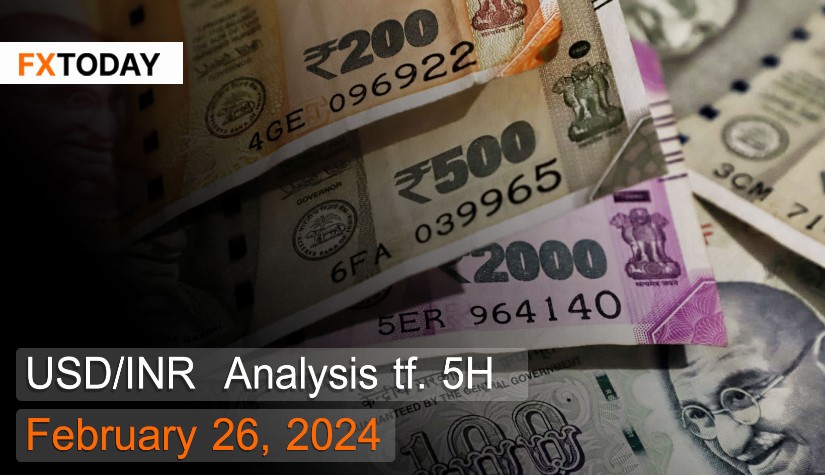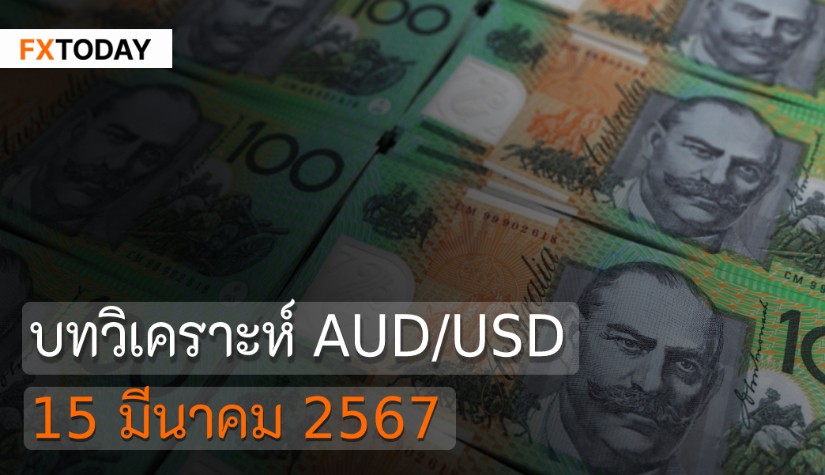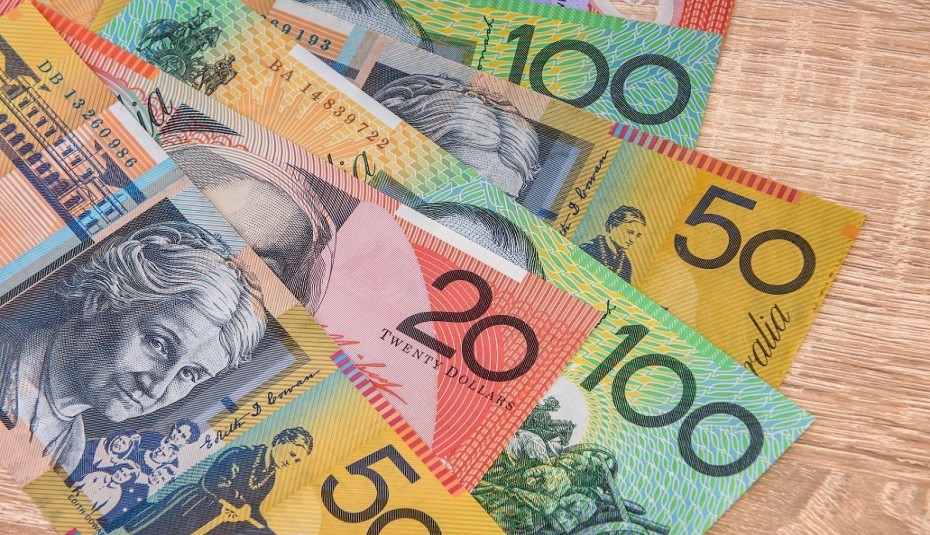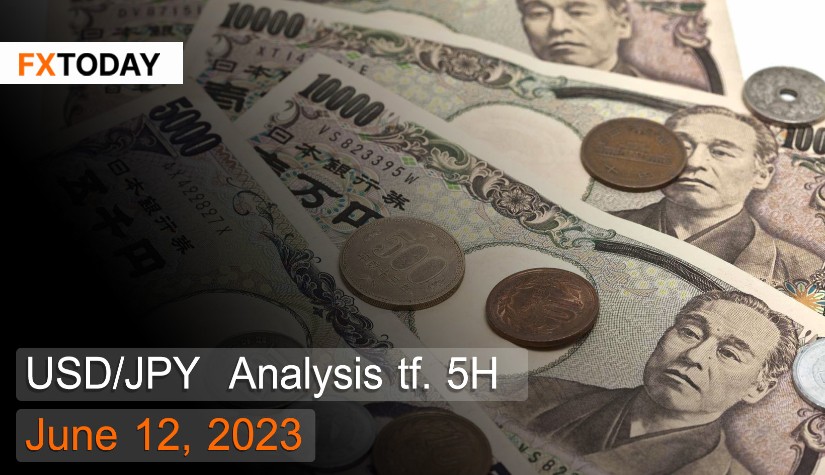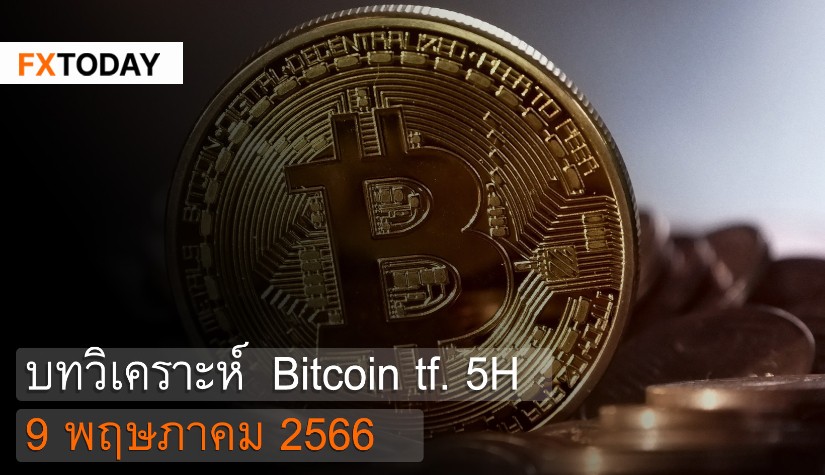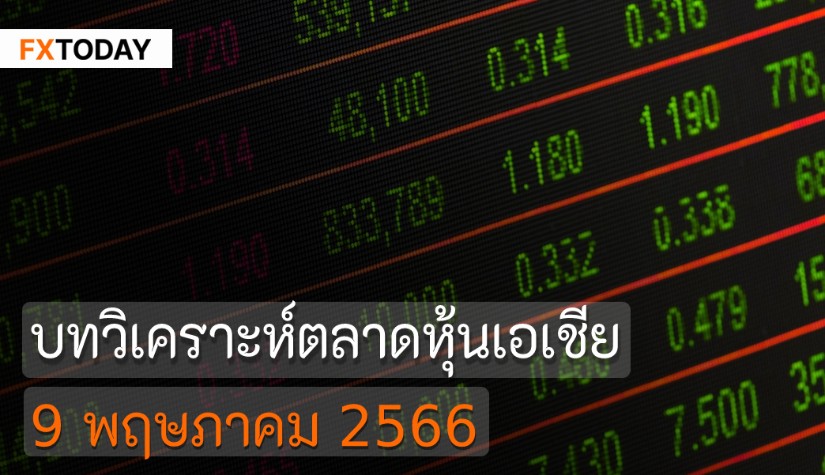India's economy remains strong.
The Indian rupee has strengthened to over 82.9 rupees per US dollar due to the country's Composite PMI remaining above 60 for the second consecutive month, indicating strong growth potential in both the services and manufacturing sectors. Additionally, there is foreign investment supporting infrastructure development.
GDP growth at 7.3% in 2023 remains a highlight, outperforming other major economies. This strong economic growth provides flexibility for monetary policy by the Reserve Bank of India (RBI), which has signaled maintaining interest rates and potentially tapering quantitative easing measures earlier due to concerns about excessive liquidity leading to inflationary pressures.
The 10-year Indian government bond yields are below 7.1% and declining consistently amid strong foreign inflows, particularly into Indian debt securities, both government and corporate. Recent data from Clearing Corp shows foreign investors purchased over 350 billion rupees worth of Indian debt securities this year.
The Services PMI rose to 62 in February, indicating rapid and sustained expansion since July of the previous year, driven by increasing foreign demand, boosting business confidence.
Manufacturing PMI increased to 56.7 in February, driven by strong domestic and foreign demand, with growing sales indicating continuous new orders growth. Despite rising input costs from raw materials and high labor costs, the ability to grow rapidly and maintain profitability has shielded companies from significant cost pressures.
India's trade deficit was $17.5 billion in January, lower than the expected $20 billion deficit, as exports increased more than imports. Exports rose by 3.2% year-on-year to $36.92 billion, while imports increased by 3% to $54.41 billion. However, officials from India's Ministry of Commerce have warned that stretched shipping capacity from the Red Sea crisis could significantly increase import prices in the coming months.
Techical analysis data (5H)
Resistance: 82.951, 83.026, 83.07
Source: Investing.com
Buy/Long 1: If the price touches support in the price range of 82.788 - 82.833 but cannot break the support at 82.833, you may set a TP at approximately 83.026 and SL at around 82.714 or according to your acceptable risk.
Buy/Long 2: If the price breaks the resistance in the price range of 82.951 - 83.026, you may set a TP at approximately 83.07 and SL at around 82.788 or according to your acceptable risk.
Sell/Short 1: If the price touches resistance in the price range of 82.951 - 83.026 but cannot break the resistance at 82.951, you may set a TP at approximately 82.788 and SL at around 83.07 or according to your acceptable risk.
Sell/Short 2: If the price breaks the support in the price range of 82.788 - 82.833, you may set a TP at approximately 82.714 and SL at around 83.026 or according to your acceptable risk.
Pivot point February 26, 2024 04:58 PM. GMT+7
|
Name
|
S3
|
S2
|
S1
|
Pivot Points
|
R1
|
R2
|
R3
|
| Classic | 82.714 | 82.788 | 82.833 | 82.907 | 82.951 | 83.026 | 83.07 |
| Fibonacci | 82.788 | 82.834 | 82.862 | 82.907 | 82.952 | 82.98 | 83.026 |
| Camarilla | 82.844 | 82.854 | 82.865 | 82.907 | 82.887 | 82.898 | 82.909 |
| Woodie's | 82.698 | 82.78 | 82.817 | 82.899 | 82.935 | 83.018 | 83.054 |
| DeMark's | - | - | 82.81 | 82.896 | 82.929 | - | - |

